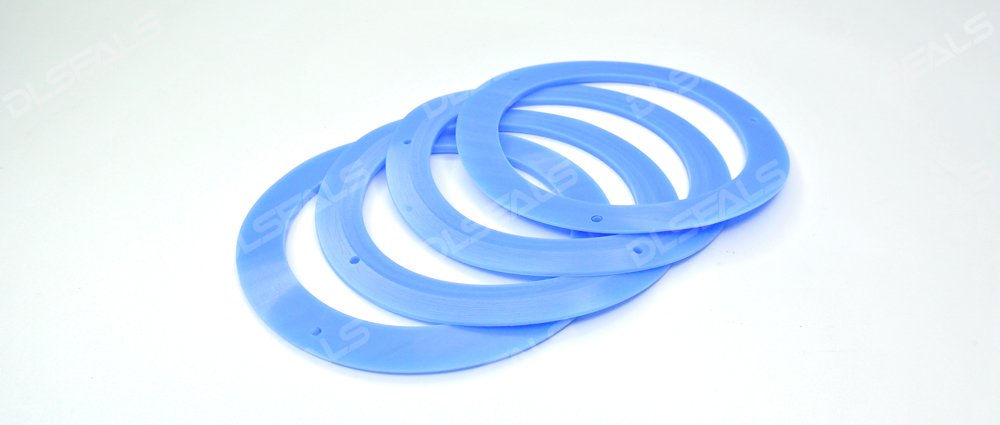Silicone gaskets are widely recognized for their versatility and reliability in sealing applications across various industries. However, understanding their performance under different temperature conditions is crucial for optimal usage. This article explores how temperature affects silicone gasket performance and offers insights into choosing the right gasket for specific temperature environments.
Understanding Silicone Gasket Composition
Silicone gaskets are composed of silicone rubber, a synthetic elastomer known for its excellent thermal stability and flexibility. The material’s composition includes silicon atoms bonded to oxygen atoms with organic side groups, imparting unique properties like high thermal resistance and durability.
Effects of Temperature on Silicone Gasket Performance
High-Temperature Performance:
Resilience: Silicone gaskets maintain flexibility and resilience at high temperatures, typically ranging from -50°C to +230°C (-58°F to +446°F), depending on the specific grade and formulation.
Sealing Integrity: Unlike many other elastomers, silicone maintains its sealing integrity without significant loss of properties, ensuring reliable performance in applications exposed to elevated temperatures.
Low-Temperature Performance:
Flexibility: Silicone gaskets remain flexible and pliable at low temperatures, ensuring a tight seal even under cold conditions.
Elasticity: They retain their elastic properties and can conform to irregular surfaces, minimizing the risk of leaks or failures due to temperature-induced brittleness.
Chemical Resistance: Silicone gaskets exhibit good resistance to water, steam, oxidation, and ultraviolet (UV) radiation, making them suitable for outdoor and harsh environmental conditions where temperature fluctuations are common.
Applications and Considerations
Silicone gaskets find widespread use in various industries and applications, including:
Automotive: Engine seals, gaskets for exhaust systems, and coolant systems benefit from silicone’s heat resistance and long-term durability.
Food and Beverage: Silicone gaskets are FDA-approved and used in food processing equipment due to their non-toxic nature and resistance to temperature extremes.
Electronics: Enclosures and electrical connectors utilize silicone gaskets for their ability to withstand both high and low temperatures, ensuring protection against moisture and dust ingress.
Choosing the Right Silicone Gasket
When selecting a silicone gasket based on temperature requirements:
Temperature Range: Consider the specific temperature range your application requires and choose a silicone grade that matches those conditions.
Compatibility: Ensure compatibility with the chemicals, fluids, and environmental factors your gasket will encounter.
Performance Standards: Verify that the gasket meets relevant industry standards (e.g., ASTM, FDA) for temperature resistance and durability.
Conclusion
Understanding how temperature influences silicone gasket performance is essential for selecting the right sealing solution for your applications. Whether you need a gasket that can withstand extreme heat, cold, or both, silicone gaskets offer versatile options that ensure long-lasting performance and reliability. For more information on silicone gaskets or assistance with selecting the best solution for your needs, feel free to contact us. We are committed to providing expert advice and solutions tailored to your specific requirements.
Post time: Jun-26-2024

